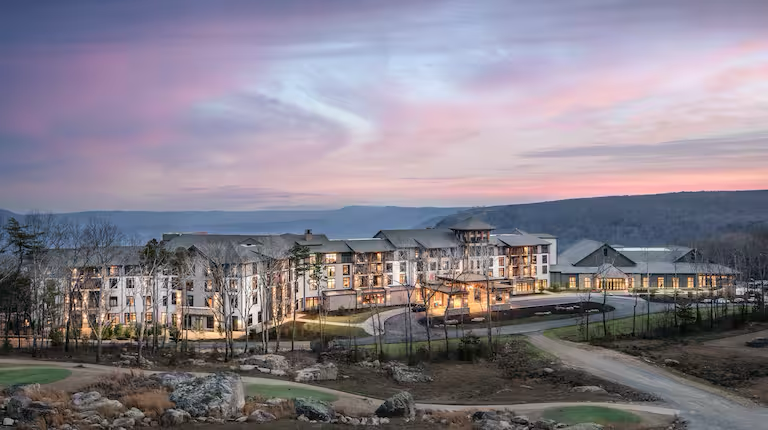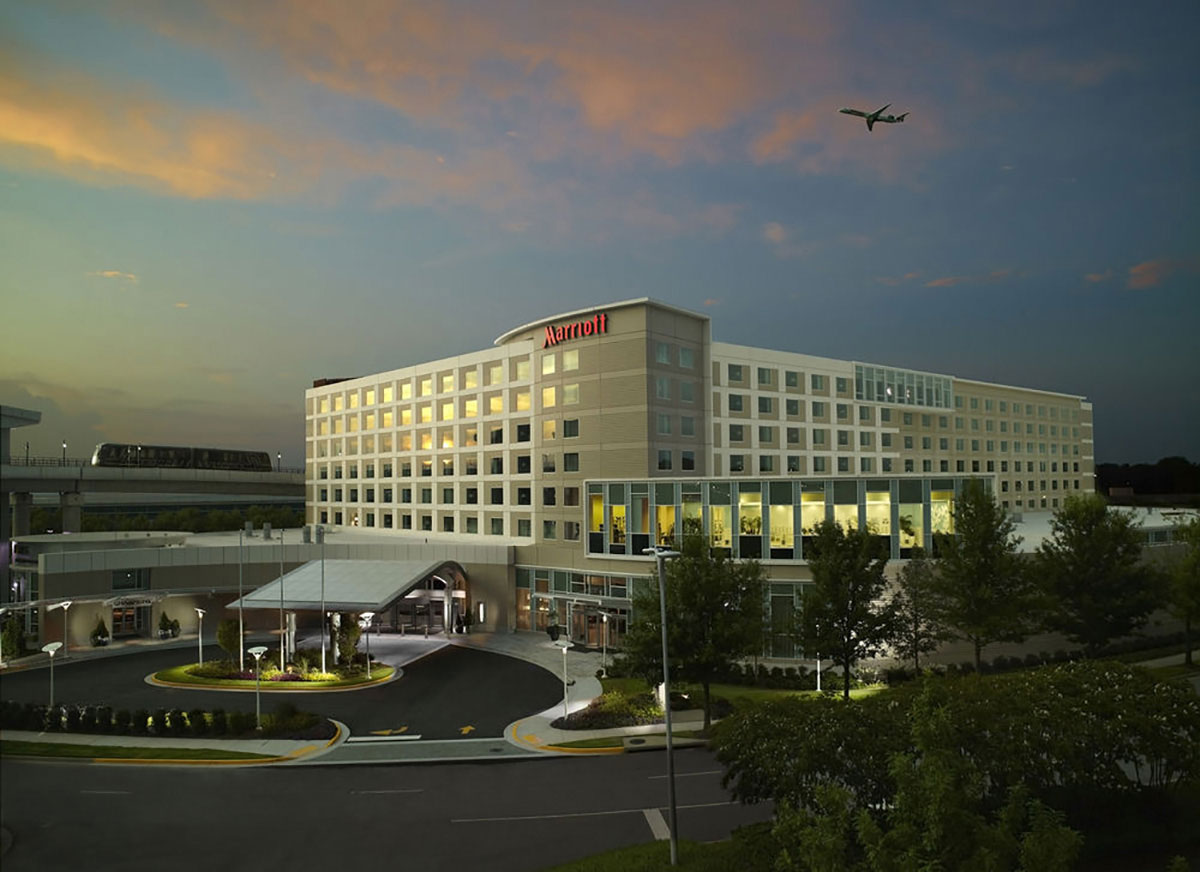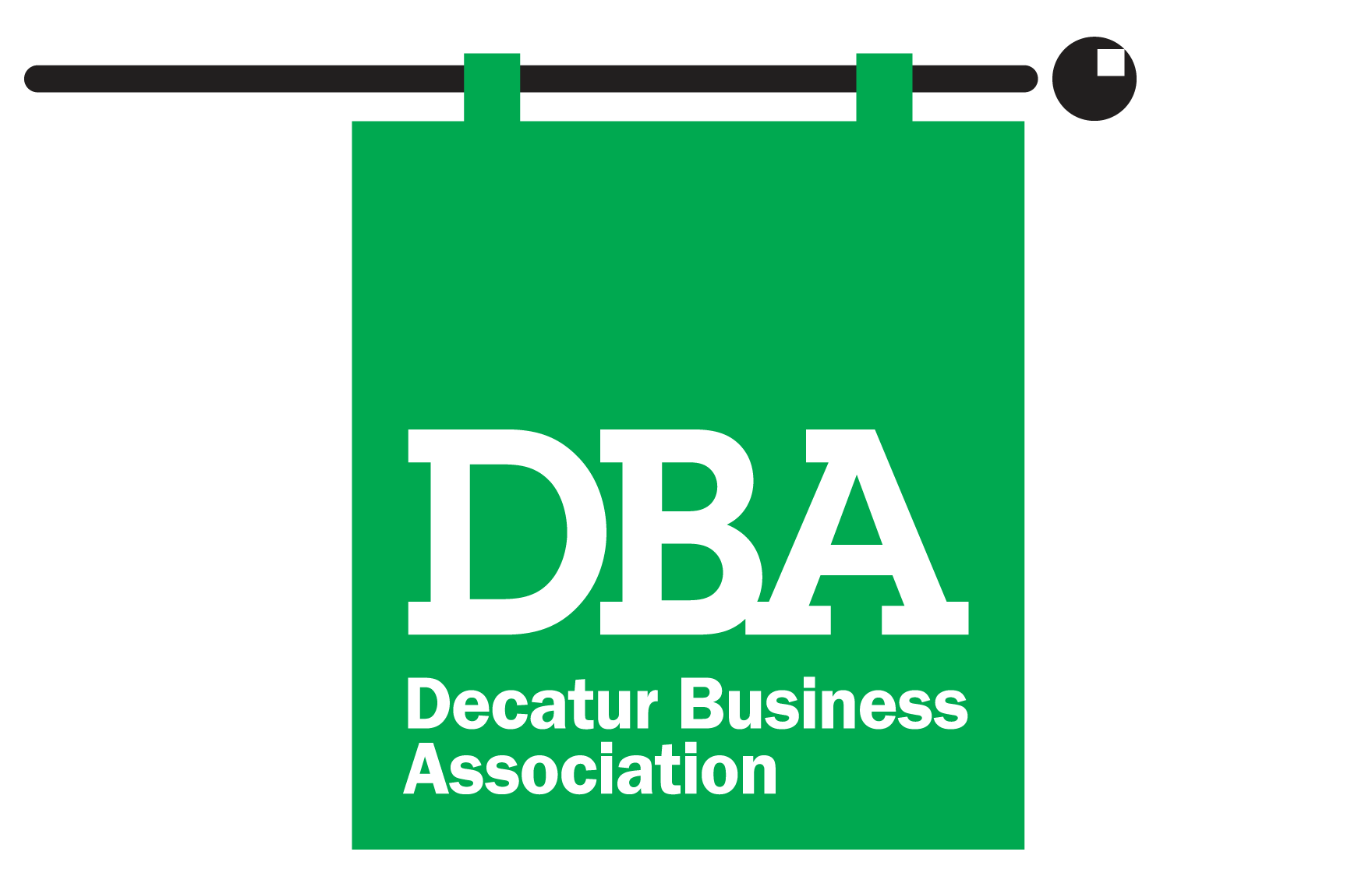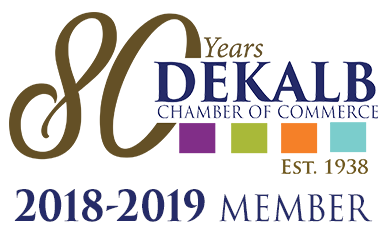
7 Best Practices for Hospitality Land Development
Planning and designing a new hospitality project can be a very complex endeavor. The hospitality industry encompasses food and beverage, lodging, travel and tourism and recreation sectors. Let’s take a look at some best practices for hospitality land development. In this post, we’ll be focusing on hotel development.
A Hot Market

According to Lodging Econometrics, new U.S. hotels in the construction pipeline hit an all-time high of 5,964 projects at the end of 2023. That equates to 693,963 rooms that are somewhere in the construction pipeline. Hotel renovations and brand conversion projects were also trending upward. Suffice it to say that the hospitality construction market in the form of hotels is alive and well.
From one-story motels to lofty high-rises, there is a lot of variety in the lodging industry. That variety also extends to the intended market. Motels may simply be a road-side rest opportunity. Hotels often serve as a temporary base for vacationers or businesspeople. Resort hotels are a destination in themselves. Whatever the type, there is a lot of planning and project management that goes into a new hotel development project.
Prioritize Site Selection
Just like we covered in our previous posts regarding storage facilities and golf courses, site selection is one of the best practices for hospitality land development. Location is central to any real estate decision, and critical in the hospitality segment. Traffic surveys, zoning regulations and competition will determine whether a location is a feasible option. Demographics and the local economy will impact decisions on the type of hotel to be built.
Understand Regulations
Zoning and local regulations are critically important considerations when selecting a site for a new hotel. While there are federal regulations that apply to any project, a wide variety of local requirements can add complexity in many areas. There are specific building requirements, such as plumbing and electrical codes that will vary from city to city. Occupancy laws may limit the size of hotel allowed. Fire regulations also vary from place to place. Americans with Disabilities Act (ADA) rules apply on a federal level. Any of these variables may impact the cost and viability of a project.
It is important to not only understand the regulations, but how to submit the applications, secure the permits and complete the inspection process. Permitting delays can have severe impacts on the project timeline, so it is vital to know exactly what is involved early on.
Incorporate Value Engineering
An emphasis on value engineering should also appear early in a hospitality project. Hotels offer unique opportunities in that everything from plumbing to paint color is repeated across multiple floors and rooms. Costs can often be reduced through careful selection of materials and design options for both price and durability.
From a project management perspective, sourcing and availability of the selected options becomes a primary concern. Any value from choosing a less expensive option is negated if extended lead times cause project delays. A clear communication interface between project managers and designers is critical in the process of value engineering.
Manage Construction Costs
Effective project management also comes into play when managing construction costs. Duplicated work between rooms and floors can lead to efficiency gains if managed properly. Coordinating when various construction teams are needed is inherent to meeting both the budget and timeline of the project. As with any large project, managing large equipment schedules and material delivery is an important part of meeting milestones.
Particular attention needs to be paid to the points at which local inspectors will need to sign off on various permit-related work. Regular internal site inspections are beneficial, both to mitigate issues before a permit inspection fails and also to avoid repeating mistakes on additional floors.
Make Communication Part of the Plan

Of course, problems won’t get resolved if the right people don’t know there’s an issue. Keeping clear lines of communication open between all stakeholders is critical. Owners, architects, civil engineers and contractors all need to be continuously aware of any issues or risks. Regular meetings with all stakeholders helps to ensure that the project stays on track.
Invest in Sustainability
Sustainability has become an important aspect of commercial real estate design, and is certainly one of the best practices for hospitality land development. Energy and water use per square foot in the hotel industry is consistently higher than in other commercial buildings. Utility costs often account for around 6% of a hotel’s operating expense. Engineering sustainability into a hotel’s design makes financial sense while being environmentally responsible.
HVAC, lighting, water usage, laundry and cleaning all impact sustainability in hotel design. Add swimming pools and recreational areas and you begin to get an idea of the unique challenges and opportunities in this market segment. The guidelines set in LEED (Leadership in Energy and Environmental Design) standards for sustainable design include specific guidelines for the hospitality industry.
The concept of sustainability in commercial buildings centers around energy conservation, energy management and energy production. Conservation through the use of lower-power fixtures and insulation is an integral part of hotel design. Energy management involves incorporating monitoring to track energy consumption and control systems that make it easier to use energy judiciously. Energy production focuses on areas such as solar panels or heat pumps that allow a reduction in public utility power usage.
Partner with Experts
For a project as challenging as a hotel, it is vitally important to have experts on the team. A contractor with a background in hotel construction is a given. Finding a local contractor with experience in navigating building codes and regulations in the area is even better. An experienced civil engineering firm can offer a lot of assistance when it comes to resolving permitting issues.
At Contineo Group, we have experts available to make your hotel development plan a reality. With a focus on problem solving and stakeholder communication, we help to keep a project on track and within budget. Please get in contact for more information on the services we offer.





